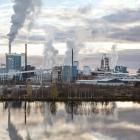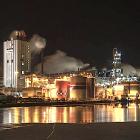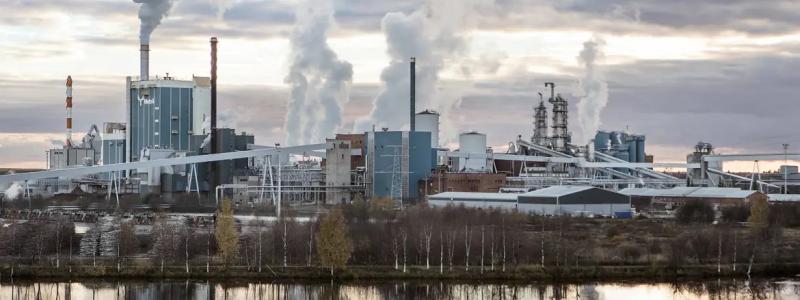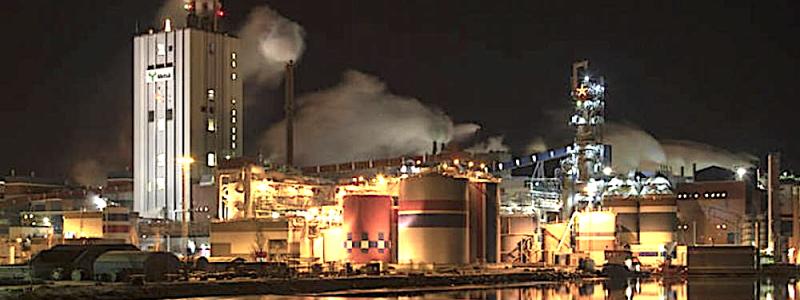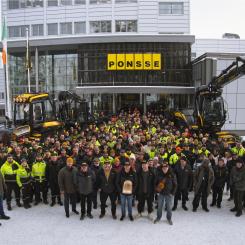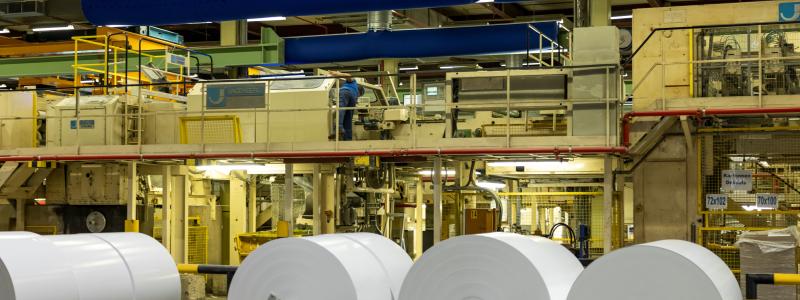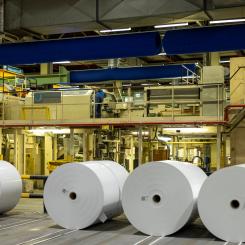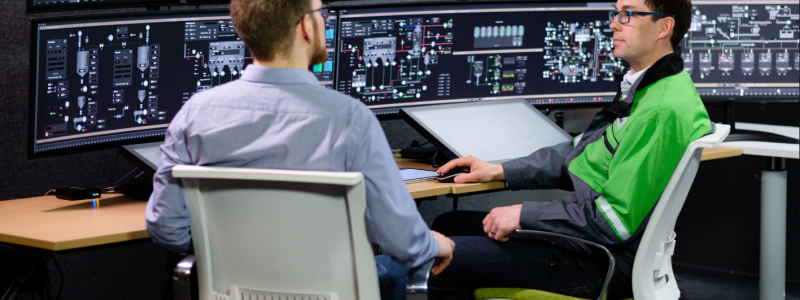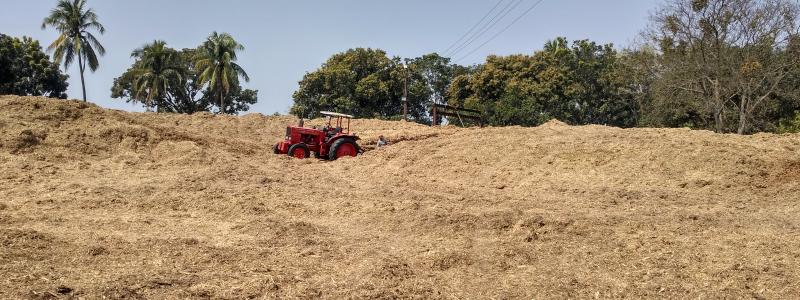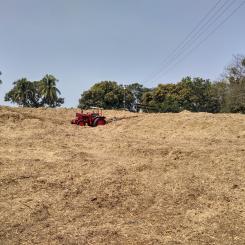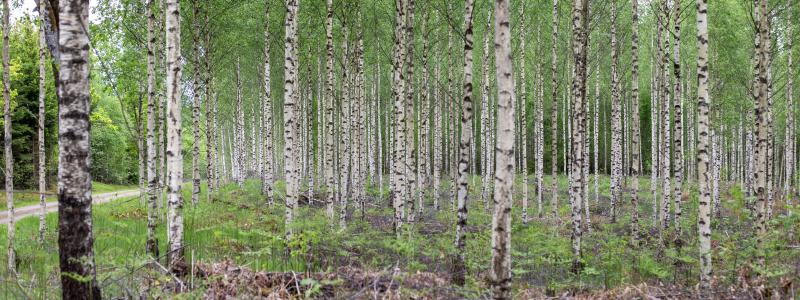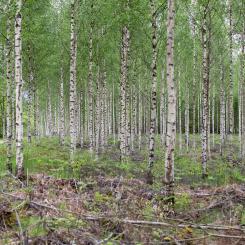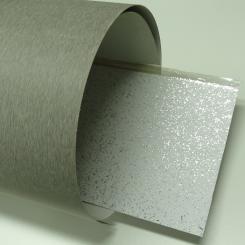Finnpulp's environmental impact assessment for the bioproduct mill planned to be constructed in Kuopio, Finland, is complete and it will be made available by authorities. The environmental impact assessment, created for a plant, which is planned to be constructed in the area east of Sorsasalo in Kuopio, contains researched information on the regional impacts of the construction and operations of a pulp mill.
Additionally, the report covers closely related operations, such as the construction of a new wastewater treatment plant in the area, together with the necessary roads and rail connections.
Prior to commencing the process of acquiring the necessary environmental permits, the goal of the implemented environmental impact assessment is to clarify how the planned investment would change the habitats and natural values in the area. Based on expert statements, the impact assessment details the effects of the mill on the area's waterways, air quality and nature. It also entails reports on the effects of operations on the daily lives of the people inhabiting the area, regional traffic, noise level and the visual landscape of Sorsasalo.
The report states that the environmental impacts of Finnpulp's facility project on the waterways, air and noise level are manageable. The ecological waterway rating of Kallavesi will remain at good level regardless of increased eutrophication in Kelloselkä. The facility area will, to an extent, increase the noise level at the residential and recreational areas located on the shore of Virtasalmi but noise pollution is otherwise minimal. The planned bioproduct mill's impact on air quality is low.
As the natural impacts were assessed, it became clear that there is no exceptionally valuable nature or biota requiring protection in the area. Recreational activities in the area are expected to remain at their current level. There will be some reduction in the presence of ice in Kelloselkä in the winter time.
In addition to experts, local residents were consulted during the research phase. 327 residence survey responses were received by the deadline. During the autumn, two events open to the public and two small discussion group sessions were held with the operators in the area. The report is public and available online on the websites of the Centre for Economic Development, Transport and the Environment and Finnpulp at www.ymparisto.fi/finnpulpyva and www.finnpulp.fi/yva.html. Additionally, the report can be reviewed at Kuopio council house, the Siilinjärvi municipal office and the North Savo Centre for Economic Development, Transport and the Environment until February 5, 2016.
If implemented, the Finnpulp project would be the largest softwood pulp mill in the world. The employment effect of the 1.4 billion euro plant investment in the project phase is 5,700 full-time work years. The immediate employment effect of the completed bioproduct mill equals 1,500 people in North Savo and 3,400 people in the national value chain. 200 people will work in the plant area. The annual production capacity of the mill will be 1.2 million tons of pulp. Additionally, the mill will produce 60,000 tons of tall oil and one terawatt hour (TWh) of bioelectricity to the national electricity grid. The mill will use 6.7 million cubic meters of raw wood material per year.



